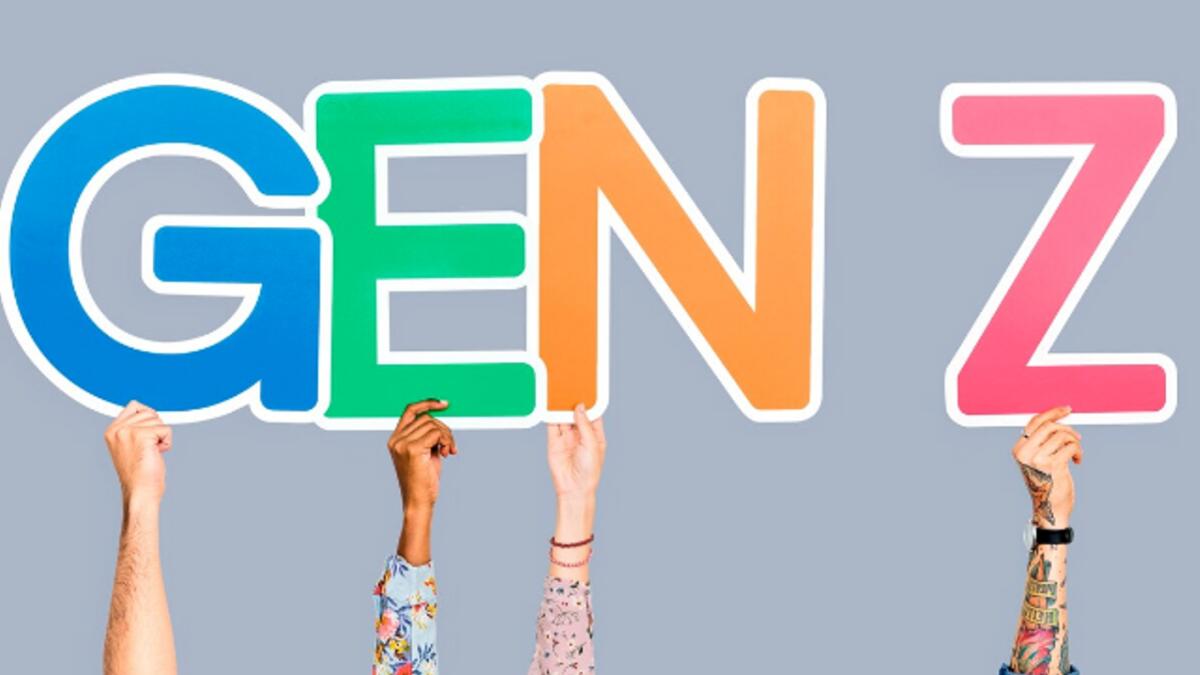Every generation has its challenges, and Gen-Z is no exception. A recent article highlighted how Gen-Z workers in the UAE and Saudi Arabia are perceived as difficult to work with by older generations, citing poor communication skills and a lack of understanding of traditional corporate jargon. However, despite these perceptions, 76 percent of respondents expressed a willingness to learn from their older colleagues, recognizing their experience and knowledge. This willingness to learn and curiosity are common traits among Gen-Z individuals, who value understanding before passing judgment.
Gen-Z, positioned between millennials and Gen-Alpha, is characterized as a generation of digital natives who grew up using social media. The financial crash of 2007 and the COVID-19 pandemic have significantly impacted their entrance into the professional workforce, with many transitioning to online work environments. Despite their comfort with technology, they may lack the nuanced social skills and workplace etiquette honed by older generations through years of in-person interaction. The challenge lies in bridging this gap and providing support for young professionals navigating this transition.
Research conducted by the University of London’s Nisreen Ameen reveals that Gen-Z individuals in the UAE exhibit traits such as risk aversion, emotional maturity, and active engagement in political discourse, qualities that can enhance their effectiveness in the workplace. As the youngest members of Gen-Z begin returning to physical office spaces after a predominantly online existence, there is a need for additional support in developing essential soft skills, particularly in navigating office dynamics and social cues. Creating a supportive company culture that values their time and provides a clear vision for the future can help engage and retain Gen-Z talent.
The evolving nature of work requires managers to embrace generational diversity in addition to other forms of diversity within the workplace. While tensions between millennials and boomers are well-documented, Gen-Z and Gen-X have an opportunity to foster understanding and collaboration. By recognizing and valuing the unique perspectives and strengths of each generation, organizations can create a more inclusive and productive work environment that benefits employees of all ages.
In conclusion, Gen-Z individuals in the UAE and Saudi Arabia may face challenges in the workplace due to perceived communication issues and a lack of familiarity with traditional corporate norms. However, their innate curiosity, willingness to learn, and digital fluency can be assets in navigating the evolving work landscape. By providing support for the development of essential soft skills and creating a company culture that values their contributions, organizations can harness the potential of Gen-Z talent and promote intergenerational collaboration. As the future leaders of tomorrow, Gen-Z individuals have the opportunity to shape a more inclusive and dynamic work environment for all.































